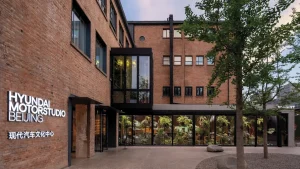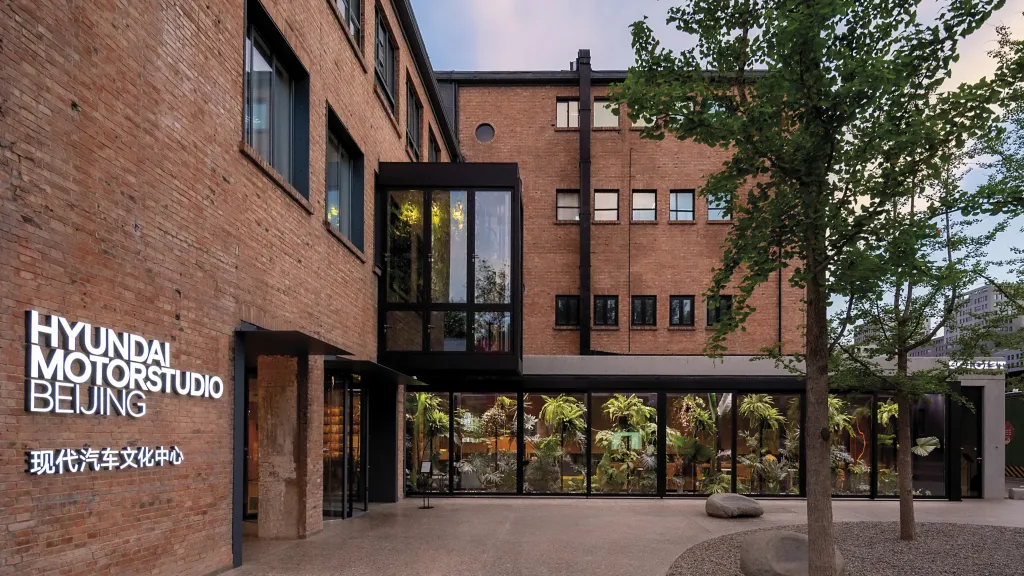Two curatorial teams have been named the winners of the Hyundai Blue Prize+ 2025.
Organized by Hyundai Motor Company, the prize was established to support “the evolving role of curators” as they consider “pressing contemporary issues, in connection with the contexts of Asia.”
After an open call in July, which received over 160 exhibition proposals for Hyundai Motorstudio Beijing, give teams were shortlisted to participate in a curatorial program overseen by an international jury panel. The program offered one-on-one mentorship and a research trip to Beijing to supporting the final exhibition proposals. The jury then selected two of the five teams as the final winners.
Seoul–based curators Hyejin and Yoonyoung Park trace AI’s dependence on natural resources and labor, including the way in which emotions and identities are used as new forms of capital, challenging viewers to reflect on this coexistence with technology.
Curatorial pair Yifeng Wei and Penny Dan Xu, who are based in Dublin and London respectively, invite viewers to collaborate on a reimagining of the future of modern technology.
“The final awardees of Hyundai Blue Prize+ 2025 both offer fresh perspectives on contemporary technologies, distinguished by cultural urgency and a thoughtful translation of their ideas into the gallery space. Each proposal successfully brings together a convincing selection of works that perfectly capture the exhibition concept,” the Hyundai Blue Prize+ 2025 jury panel said in a statement.
The panel included Jochen Eisenbrand, chief curator of Vitra Design Museum; Carol K. Huh, associate curator of contemporary Asian art at the National Museum of Asian Art, Smithsonian Institution; Frances Morris, former director of Tate Modern and distinguished visiting professor at Ewha Womans University; Christiane Paul, curator of digital art at the Whitney Museum of American Art; and Philip Tinari, director of the UCCA Center for Contemporary Art.
The final awardees’ exhibitions will be resented Hyundai Motorstudio Beijing between mid-2026 and early 2027. They will receive 800,000 RMB (approximately $110,000) towards production costs.

